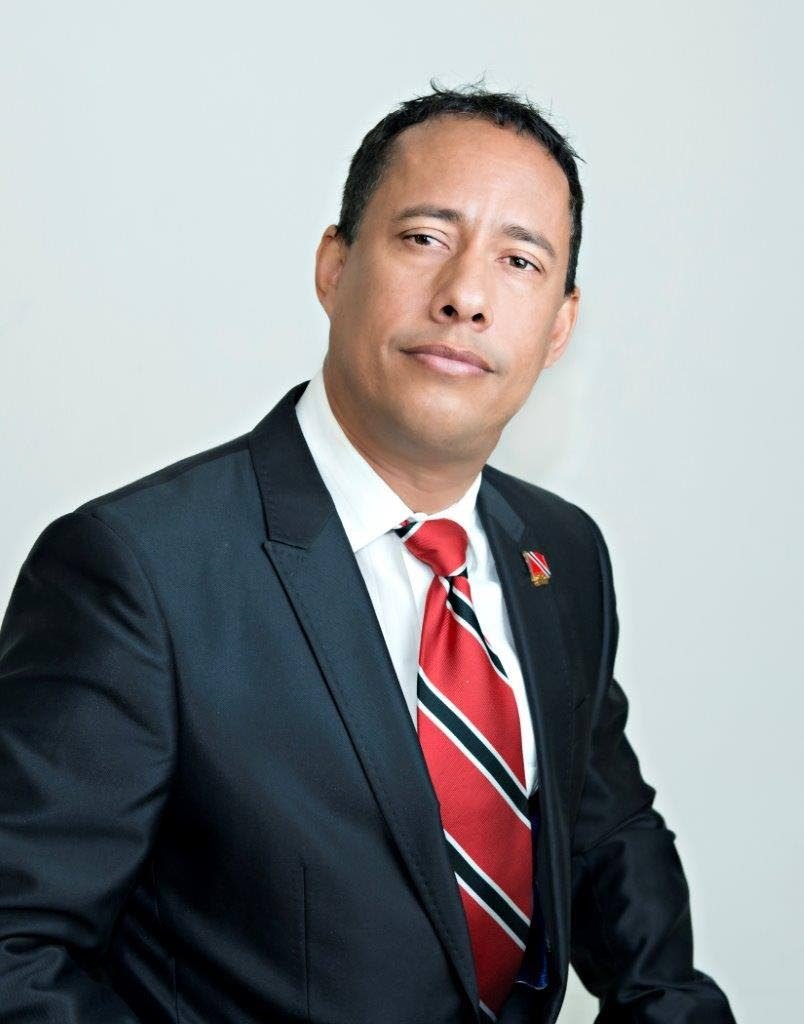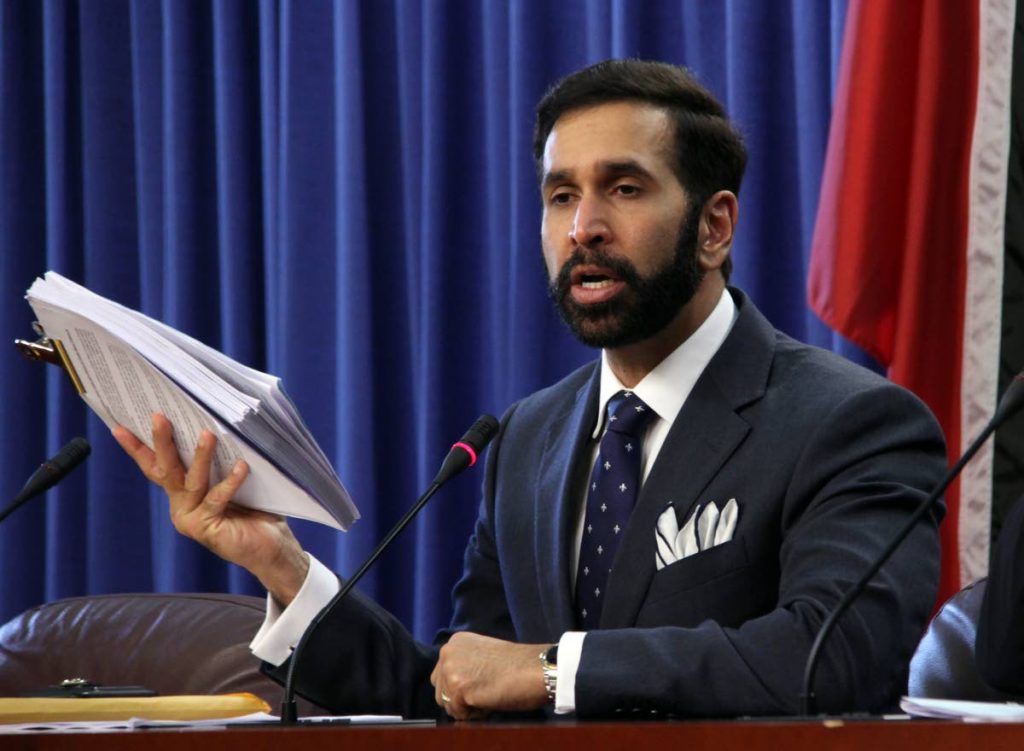350 rescued from human trafficking

JULIEN NEAVES and SHANE SUPERVILLE
TT was one of 13 countries involved in an Interpol co-ordinated operation to bust an international human trafficking ring and rescue 350 potential victims of sexual exploitation and forced labour. The victims including men, women and minors were found working in nightclubs, farms, mines, factories and open-air markets.
The other participating countries were Antigua and Barbuda, Aruba, Barbados, Belize, Brazil, Curacao, Guyana, Jamaica, St Lucia, St Vincent and the Grenadines, Turks and Caicos Islands and Venezuela.
In Guyana, young women were found working as prostitutes next to very remote gold mines and were kept from escaping. In St Vincent and the Grenadines, Asian “employees” at a factory were stripped of their passports and having never received any wages, were dependent on their handlers for the basic necessities including food.
According to a statement on the Interpol website, more than 500 police officers in these countries arrested 22 people during Operation Libertad from April 3-9, as part of the Interpol Project to Combat Human Trafficking in the Caribbean.
The operation was the culmination of a two-and-a-half-year project funded by the Canadian Government which provided specialised training to investigators and immigration officers to enhance operational expertise and regional coordination to combat human trafficking.
No specific information was given about TT.
SEX WORKERS IN TT
Director of the Counter-Trafficking Unit in the National Security Ministry Alana Wheeler has previously stated most of the cases of human trafficking in this country have been related to sexual exploitation and in December 2017, she reported human trafficking was happening in Tobago, with Venezuelan women being brought in to have sex with men on the island.
In June 2017, the US State Department gave this country an improved ranking in its Annual Trafficking in Persons Report. TT moved from the Tier 2 Watch List to Tier 2; the latter are countries whose governments, while not having fully met the Trafficking Victims Protection Act’s minimum standards, are making significant efforts to do so.
Former national security minister Gary Griffith recalled this country was previously upgraded from the Tier 2 Watch List to Tier 2 in June 2014 during his tenure, because of things that were being implemented. However, the country returned to the Tier 2 Watch List in 2015 and held that position in 2016.
Griffith said the biggest problem in dealing with human trafficking is the estimated 120,000 illegal immigrants in this country, which meant one in every seven adults is an illegal immigrant. “With that vast number it is a recipe for human trafficking,” he commented. He called for more stringent measures to prevent people from being allowed into legitimate ports of entry and overstaying their time. He explained possible “employers” lure immigrants in with false promises of a better way of life and then use the threat of revealing their illegal status to immigration authorities to force them into virtual indentured labour.
Griffith recalled before he left the post of national security minister he had approved a moratorium on illegal immigrants, and called for a six-month moratorium. He said this would allow all 120,000 illegal immigrants to come forward to the immigration office without being held and deported immediately or sent to the Immigration Detention Centre.
The Immigration Department, he said, would determine where the immigrants should remain and added that many could be hard-working people who could assist in the development of the country.
Griffith believes a moratorium would allow for some to have their work permits extended, allow them to pay taxes instead of having the country pay taxes to support them, and help stop human trafficking and the abuse of illegal immigrants. It would also, he said, allow law-enforcement officials to pinpoint people who had not used the moratorium and should be deported, whether because they were a threat to national security or a liability to the public purse.
AG CLAIMS SUCCESS
Contacted for comment, Attorney General Faris Al-Rawi attributed Interpol’s success to the formation of a special anti-trafficking task force and said the unit had made great strides in combating the frequency of such crimes.

Al-Rawi, who is out of the country, said since its creation, the task force has enjoyed some ground-breaking advances in the investigation and disruption of human trafficking in TT and said the success was reflected in the country’s improved ranking in the US global human trafficking report.
“This particular position that Interpol has reported is directly attributed to the work we are doing and we are very pleased that the international community has been taking note of the level of attention that we are taking in TT, so one success brings another.
The improvement in rankings in the trafficking in persons report, which the US produces each year, is directly associated with our reformulation and task-forcing. It’s very similar to the task-force-type model we have applied to terrorism and we will continue to keep a very vigilant and watchful eye on the situation.”
Al-Rawi said the task force, which operates across different agencies, including the National Security Ministry, Office of the Attorney General, the Immigration Division and the police, and has collaborated with international law-enforcement agencies.
He added that in the past, Interpol notices, which serve as requests of assistance from local law enforcement, have been rare.
“The use of Interpol Blue Notices and Red Notices was something that was very sparingly used in the past.
“What happened is that people were just not paying attention to the management of the situation. We took a very hands-on approach to this and it resulted in very significant improvements, exactly the type we did in anti-terrorism.”
Acting Commissioner of Police Stephen Williams could not be reached by phone yesterday despite numerous attempts.
Newsday also tried to contact National Security Minister Edmund Dillon but was told he was in meetings and unable to respond.

Comments
"350 rescued from human trafficking"